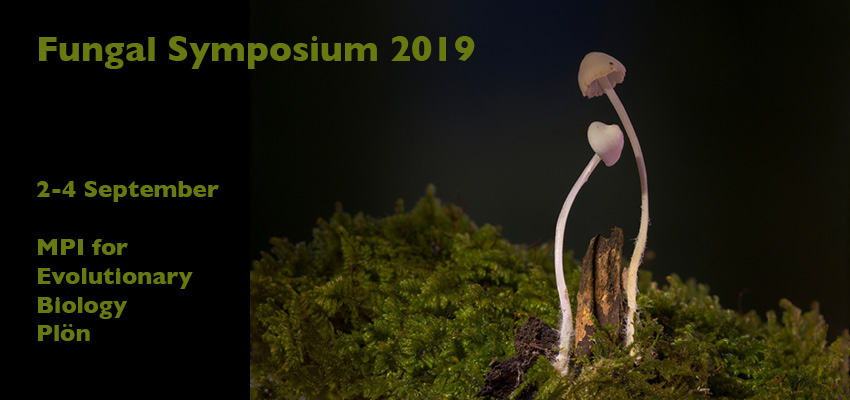Speaker
Description
Banana is a major staple food, a primary fruit crop in many domestic markets and a commodity supplying global retail stores. However, global inputs in research and development are minimal and the number of banana improvement programs is negligible compared to other crops. To complicate matters, many issues in banana production are complex and require multidisciplinary approaches. Traditionally, the sector is inclined to short-term actions and solutions. Hence, there is a threshold to develop and accept long-term strategies for sustainable and fair global production. Therefore, banana production is one of the remaining global monocultures. This comes with a risk and the sector suffers from immense threats, including plant diseases. Panama disease or Fusarium wilt is one of them and represents a key problem that requires short-term action and long-term strategies grounded in scientific data. Initially, we largely focused on projects revolving around genome analyses, genetic diversity and plasticity of the causal agents, a suite of Fusarium spp.. We built a large global collection of Fusarium strains, including approximately 200 isolates form the center of origin, the Indonesian archipelago, and characterized them through genotyping-by-sequencing technologies as well as phenotyping assays. Later, we screened hundreds of banana accessions with so-called Fusarium race 1 and tropical race 4 (TR4) strains that caused the previous and the current Panama disease epidemic in Gros Michel and Cavendish bananas. Furthermore, we completed genetic mapping studies to identify genes for resistance in wild banana germplasm. Short-term research focused on the epidemiology of TR4, which included the development of technologies to rapidly diagnose TR4 and also investigated the survival in its natural habitat and under different management practices. Together, these data call for action to support a fragile industry that provides food, fruit and employment to millions of people.

